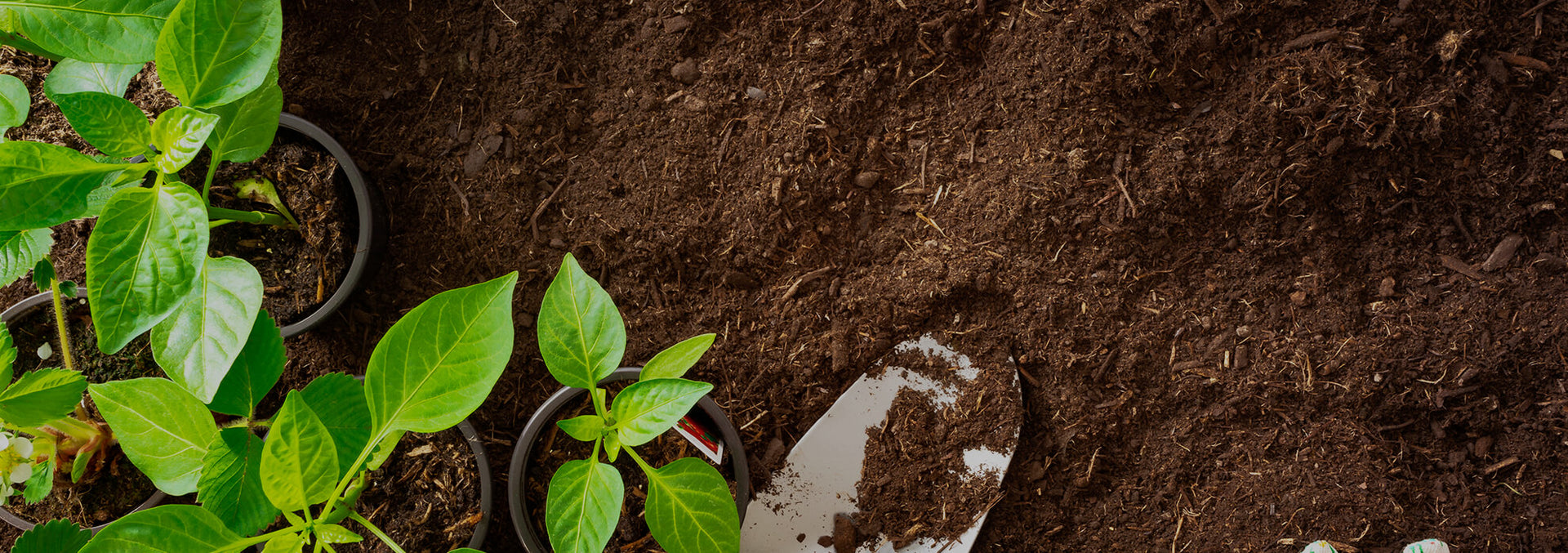May 2, 2011
According to John: Gardening for Mental Health and Well Being
Recently, I was a guest on a radio gardening talk show. The host surprised me by starting the show with a quote from Garden Chic Magazine and then asking me about it. The quote was “Recent research shows that just 5 minutes of active gardening decreases the risk of mental illness and increases the sense of well being.” The host then said, “John, don’t you think this is a bunch of baloney? Do you feel better if you work in your garden after work?” I wasn’t sure if he was serious, since he, of course, knew that I worked on garden-related issues all day. I was uncertain where to go with his question and we were live on air, but it is a compelling issue and I tried to strongly and quickly assert my belief in the life-improving aspects of the profession I chose and continue to choose because of its complexity and effectiveness in improving lives. Since then, I have thought about this quite a bit, especially as my landscaping team and I were constructing and assisting in the design of a garden at Valley State Prison for Women in Chowchilla, California, the largest women’s prison in the world. The garden is being funded by the group “Chapel of Grace”, who work hard to positively impact women who have had difficult lives, made mistakes and are now imprisoned and often hopeless. The garden is designed to be a sacred space for reflection, prayer and perhaps fundamental change. The people at Chapel of Grace envision the garden as a way to address issues that have dramatic ramifications for our entire society. I received a book, “Gardens of Alcatraz”, as a gift from my gardening friends, Sharon and Bruce Asakawa. They heard about the project we were doing at the prison and thought the book would be of interest. It helped me to think deeply about the ways in which gardens can improve one’s quality of life. In “Gardens of Alcatraz” Charles Lewis, a champion of horticulture as therapy is quoted, “From a human perspective, the strength of gardening lies in nurturing. Caring for another living entity is a basic quality of being human. Plants are alive and dependent on the gardener for care if they are to survive. In a world of constant judgment, plants are non-threatening and non-discriminating. They respond to the care given to them, not to the race or the intellectual or physical capacities of the gardener….Plants take away some of the anxiety and tension of the immediate NOW…..” Nurturing activities, that lessen anxiety and tension, can help all of us and can be important tools in aiding others to help themselves. For prisoners, it comes down to self determination. Through the care and enjoyment of plants and gardens, we will be offering them one of the most powerful mechanisms to boost mental stability and self examination. Yes, I can say that gardening is an important part of my own sanity, even though it is a somewhat redundant activity in my case, adding sanity on top of sanity (you can never have too much). More importantly, it offers creative, inspiring ways to address chronic and sometimes, seemingly insurmountable societal ills. At the least, we will provide some beauty and hope. You can find out more about “Gardens of Alcatraz” here:
http://www.alcatrazgardens.org/ Stay tuned to this blog for more information and upcoming photos of the Valley State Prison garden.

